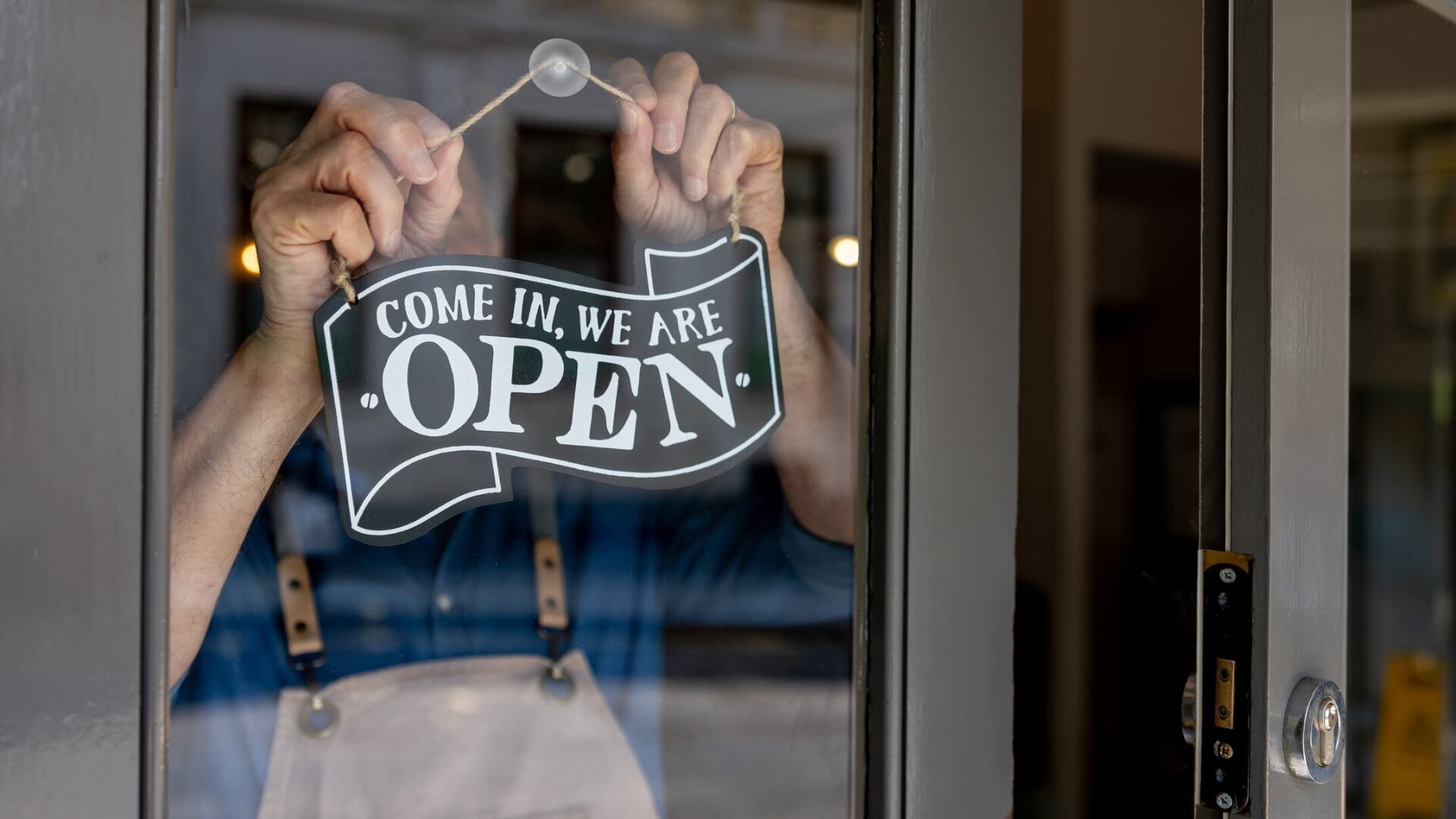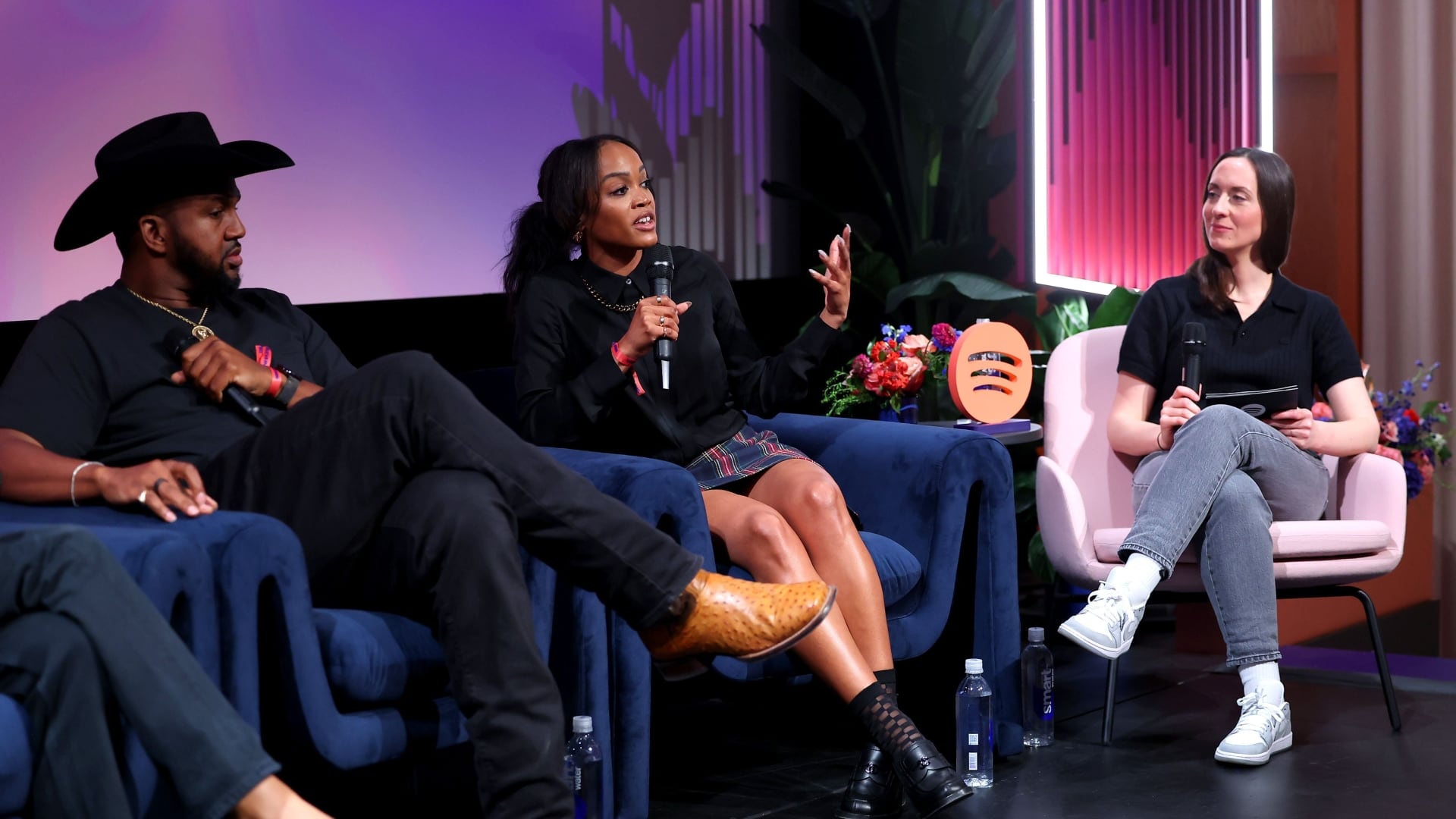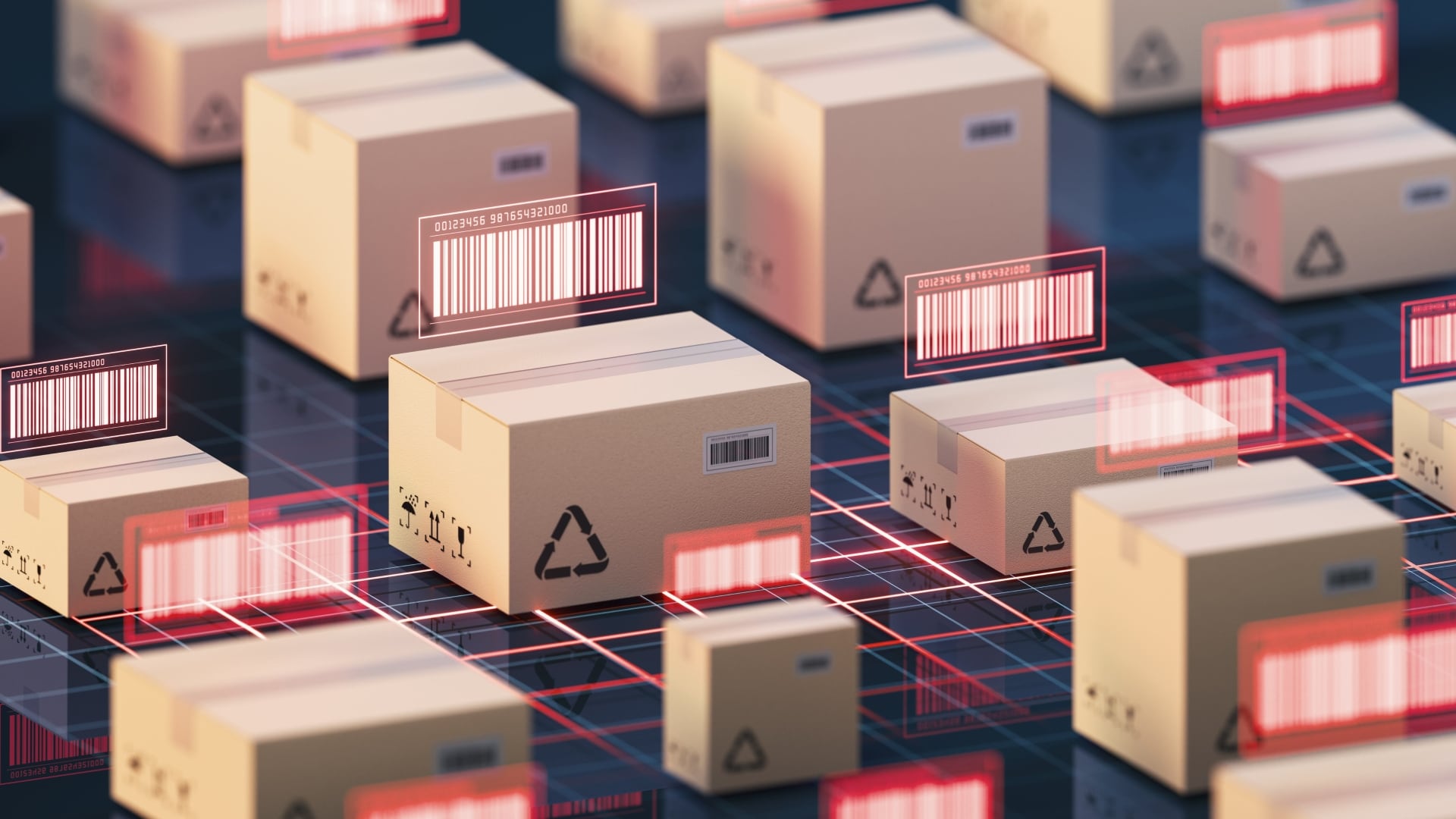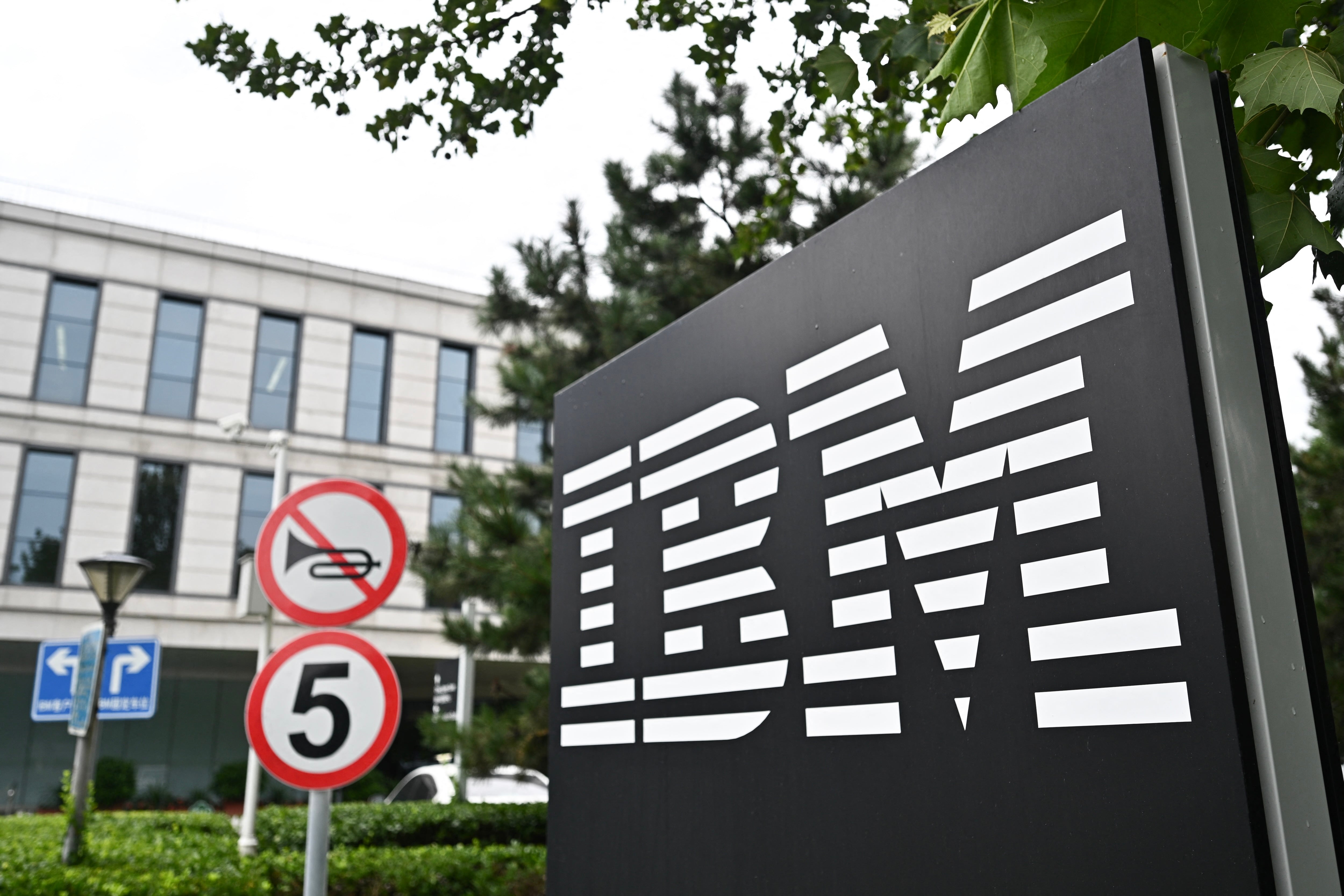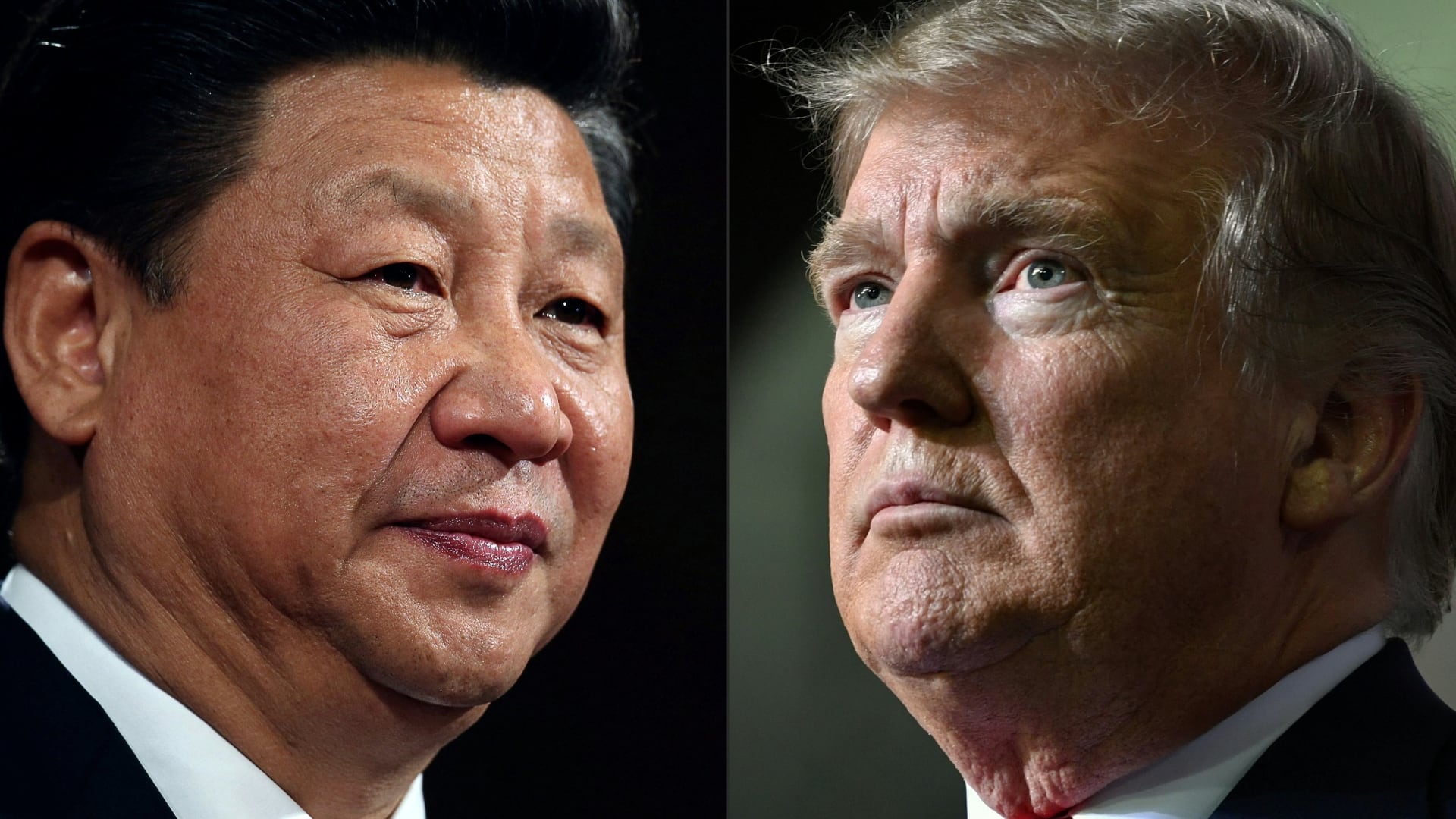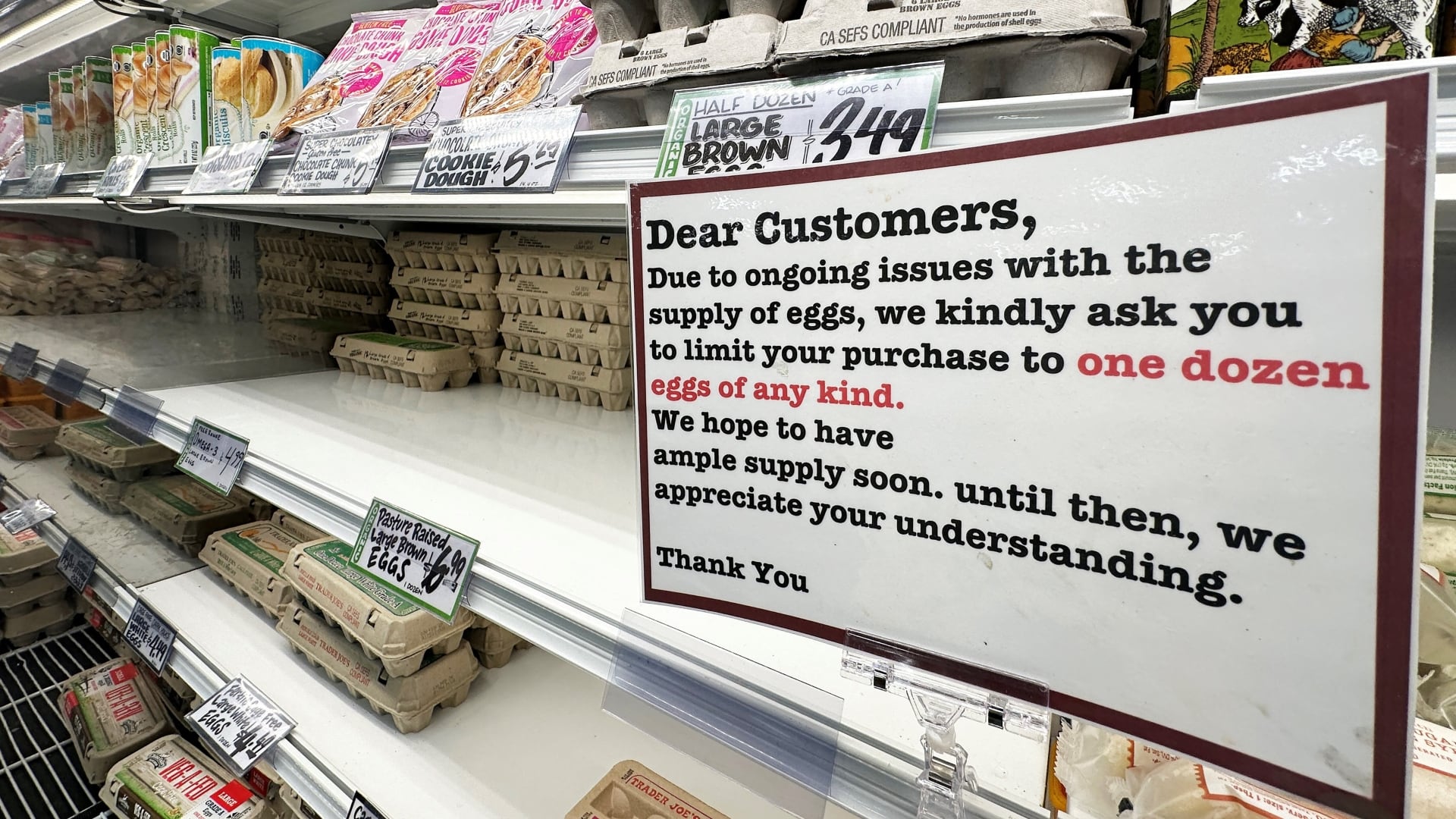*By Chloe Aiello* Adoption of new technology won't necessarily cause jobs to disappear ー even if that technology is a humanoid robot, said Steve Carlin, the chief strategy officer of SoftBank Robotics America. "I think the incorrect assumption is simply because you're employing technology, that therefore a job has to go away," Carlin told Cheddar's Hope King on Thursday. The technology to which he's referring is Pepper, SoftBank's cloud-powered humanoid robot, which Carlin brought with him to CES this year. Pepper sat quietly, but attentively during Carlin's interview, seeming to ー at the very least ー know who was talking. Carlin said Pepper has the potential to help companies improve efficiency by reducing some of the more repetitive tasks assigned to employees in various industries. Last year, SoftBank [announced a partnership with Simbe Robotics](https://www.prnewswire.com/news-releases/softbank-robotics-and-simbe-robotics-partner-to-offer-a-retail-solution-globally-300628352.html), the creator of autonomous shelf-auditing and analytics robot Tally, to create retail-specific solutions. The retail use case, which SoftBank showcased at CES this year, is designed to handle retail-centric tasks ー like greeting customers, processing order pick-ups, or calculating inventory. "Retail is a situation where you have 4 or 5 percent margins. The two biggest cost centers are the inventory they keep ... and the labor that they spend. So if we can help augment labor and focus that labor on more efficient tasks, then I think you are going to find the pervasiveness of that technology takes off," he said. Robot-related job loss is a valid concern. But Carlin said the robots won't so much replace workers as they will augment existing jobs ー and eliminate redundancies so employees can focus on higher-level tasks like customer education and closing sales. Carlin said SoftBank already has a few clients for Pepper, including HSBC Bank and Courtyard Marriott, but expects wider adoption in 2019. For full interview [click here](https://cheddar.com/videos/robots-role-in-retail).


